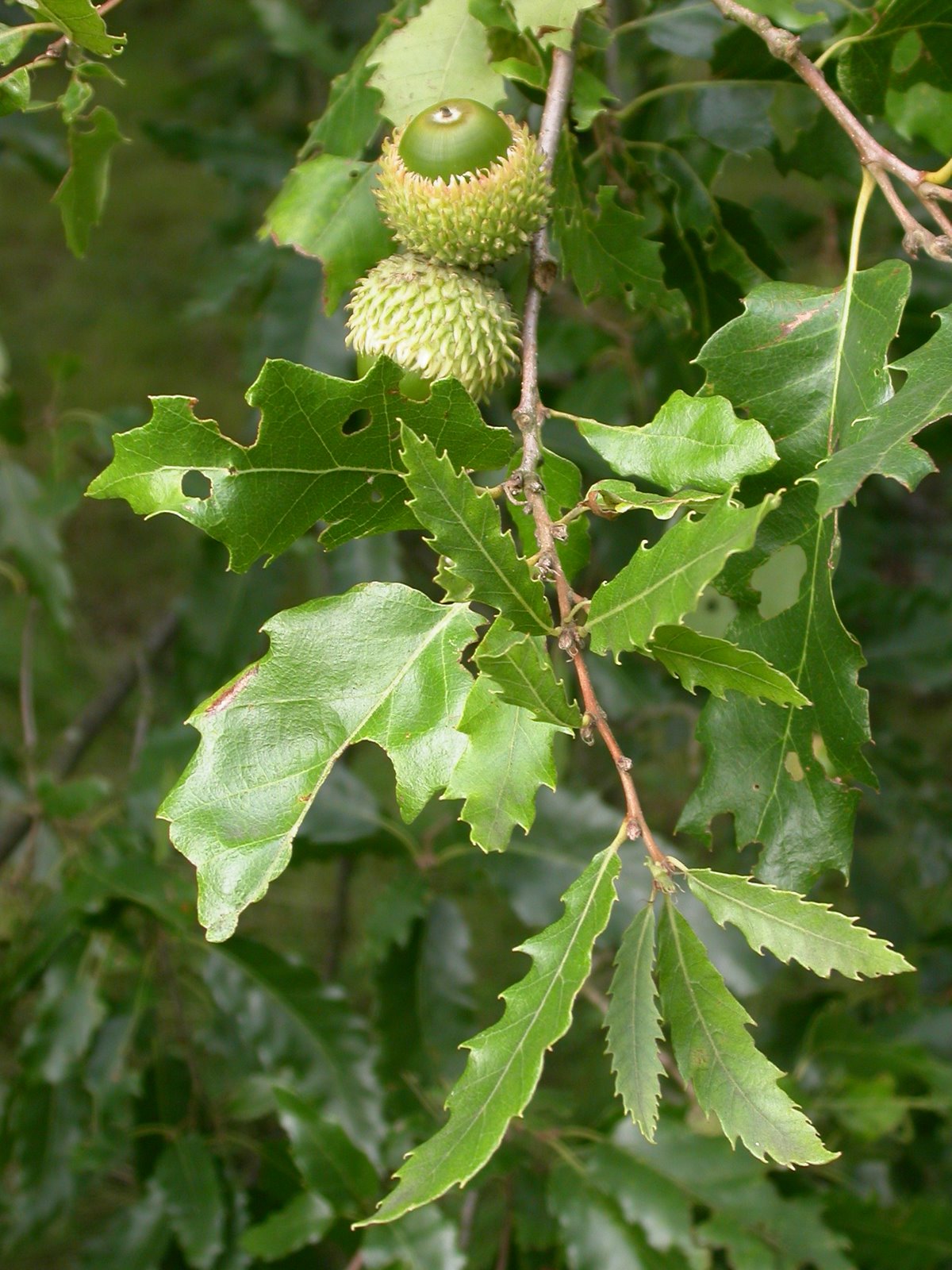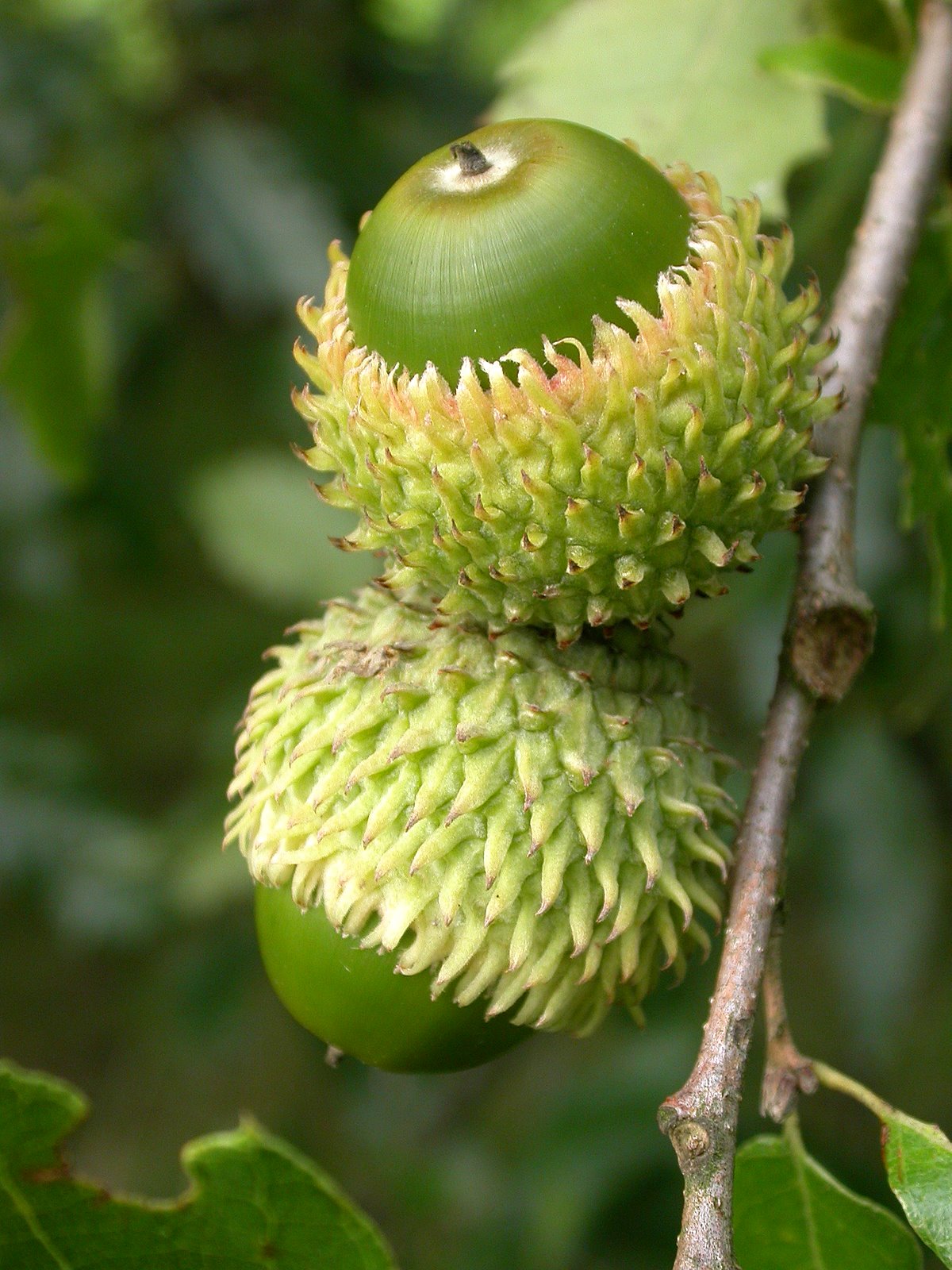Quercus Libani on:
[Wikipedia]
[Google]
[Amazon]
''Quercus libani'', the Lebanon oak, is a species of



oak
An oak is a tree or shrub in the genus ''Quercus'' (; Latin "oak tree") of the beech family, Fagaceae. There are approximately 500 extant species of oaks. The common name "oak" also appears in the names of species in related genera, notably ''L ...
native to the eastern Mediterranean in western Asia, including in Lebanon
Lebanon ( , ar, لُبْنَان, translit=lubnān, ), officially the Republic of Lebanon () or the Lebanese Republic, is a country in Western Asia. It is located between Syria to Lebanon–Syria border, the north and east and Israel to Blue ...
, western Syria, northeastern Israel
Israel (; he, יִשְׂרָאֵל, ; ar, إِسْرَائِيل, ), officially the State of Israel ( he, מְדִינַת יִשְׂרָאֵל, label=none, translit=Medīnat Yīsrāʾēl; ), is a country in Western Asia. It is situated ...
, eastern Turkey
Turkey ( tr, Türkiye ), officially the Republic of Türkiye ( tr, Türkiye Cumhuriyeti, links=no ), is a transcontinental country located mainly on the Anatolian Peninsula in Western Asia, with a small portion on the Balkan Peninsula in ...
, and northern Iraq
Iraq,; ku, عێراق, translit=Êraq officially the Republic of Iraq, '; ku, کۆماری عێراق, translit=Komarî Êraq is a country in Western Asia. It is bordered by Turkey to the north, Iran to the east, the Persian Gulf and K ...
and Iran
Iran, officially the Islamic Republic of Iran, and also called Persia, is a country located in Western Asia. It is bordered by Iraq and Turkey to the west, by Azerbaijan and Armenia to the northwest, by the Caspian Sea and Turkmeni ...
.
Description
''Quercus libani'' is adeciduous
In the fields of horticulture and Botany, the term ''deciduous'' () means "falling off at maturity" and "tending to fall off", in reference to trees and shrubs that seasonally shed leaves, usually in the autumn; to the shedding of petals, ...
tree growing to . The deciduous leaf is slender, elongated and often asymmetrical, its base is round and its tip is slightly pointed. In the adult state the leaf's upper side is dark green and the under side is pale green.
The flowers are monoecious, meaning that flowers from both sexes can be found on the same tree. They are pollinated by wind. The tree produces acorns that grow to about in diameter. Its length is half covered by the cupule
A cupule is a small structure shaped like a cup, including:
* In archeology, rock cupules are circular man-made hollows on the surface of a large rock or a rock slab
** On a smaller artifact they are called a cupstone.
* In botany: the base of an ...
.


Habitat
The Lebanon oak can grow in medium loamy to heavy clay soils, with no preference tosoil acidity
Soil pH is a measure of the acidity or basicity (alkalinity) of a soil. Soil pH is a key characteristic that can be used to make informative analysis both qualitative and quantitatively regarding soil characteristics. pH is defined as the neg ...
. The tree can grow in direct sunlight to semi-shade. It can endure strong winds, but not salty maritime exposures.
Cultivation

Ornamental tree
''Quercus libani'' is cultivated and planted as an ornamental tree in gardens, parks, andhabitat restoration
Restoration ecology is the scientific study supporting the practice of ecological restoration, which is the practice of renewing and restoring degraded, damaged, or destroyed ecosystems and habitats in the environment by active human interrupt ...
projects. It is successful in drought-tolerant landscape gardens.
The tree does not tolerate root disturbance well, therefore landscape trees should not be moved once planted, or transplanted from native habitat
In ecology, the term habitat summarises the array of resources, physical and biotic factors that are present in an area, such as to support the survival and reproduction of a particular species. A species habitat can be seen as the physical ...
s. Acorns sown ''in situ
''In situ'' (; often not italicized in English) is a Latin phrase that translates literally to "on site" or "in position." It can mean "locally", "on site", "on the premises", or "in place" to describe where an event takes place and is used in ...
'' will produce the best trees, in growth rate and deep rooted drought tolerance. The acorns are sown as they ripen. Acorns lose their viability if they dry out, and so need to be kept in a moist and cool place away from rodents until planting.
Biological pest control
Theleaf litter
Plant litter (also leaf litter, tree litter, soil litter, litterfall or duff) is dead plant material (such as leaves, bark, needles, twigs, and cladodes) that have fallen to the ground. This detritus or dead organic material and its constituent ...
of the Lebanon oak is used as a biological pest control—herbivore insect repellent for protecting other plants. Its leaves placed as a mulch
A mulch is a layer of material applied to the surface of soil. Reasons for applying mulch include conservation of soil moisture, improving fertility and health of the soil, reducing weed growth and enhancing the visual appeal of the area.
A mu ...
layer around vulnerable plants effectively repels snails, slugs, and grubs. Fresh leaves can inhibit plant growth, and so are not used directly from the tree. Being deciduous, much beneficial leaf litter is produced in the autumn.
Uses
Lebanon oak wood is very hard and resistant to insect and fungal attack and is used in construction.Food
The acorns are very bitter due to high concentrations oftannin
Tannins (or tannoids) are a class of astringent, polyphenolic biomolecules that bind to and precipitate proteins and various other organic compounds including amino acids and alkaloids.
The term ''tannin'' (from Anglo-Norman ''tanner'' ...
s. This bitter taste can be leached out by washing the acorns in running water, but this causes the loss of many beneficial minerals.
The acorns can be dried and ground it into a powder and used to thicken stews and may be mixed with cereals for making bread. The roasted bitter acorns may be used as a coffee substitute.
Medicinal
Galls
Galls (from the Latin , 'oak-apple') or ''cecidia'' (from the Greek , anything gushing out) are a kind of swelling growth on the external tissues of plants, fungi, or animals. Plant galls are abnormal outgrowths of plant tissues, similar to be ...
produced by the larvae of different insects that may be found on the trees have especially high tannin concentrations, are highly astringent
An astringent (sometimes called adstringent) is a chemical that shrinks or constricts body tissues. The word derives from the Latin ''adstringere'', which means "to bind fast". Calamine lotion, witch hazel, and yerba mansa, a Californian pla ...
and were used in the treatment of haemorrhage
Bleeding, hemorrhage, haemorrhage or blood loss, is blood escaping from the circulatory system from damaged blood vessels. Bleeding can occur internally, or externally either through a natural opening such as the mouth, nose, ear, urethra, v ...
and diarrhea
Diarrhea, also spelled diarrhoea, is the condition of having at least three loose, liquid, or watery bowel movements each day. It often lasts for a few days and can result in dehydration due to fluid loss. Signs of dehydration often begin w ...
. Tannin from the galls are also used as dye.
References
{{Taxonbar, from=Q1488985 libani Medicinal plants Trees of Mediterranean climate Garden plants of Asia Ornamental trees Plant toxin insecticides Plants described in 1801 Flora of Lebanon and Syria